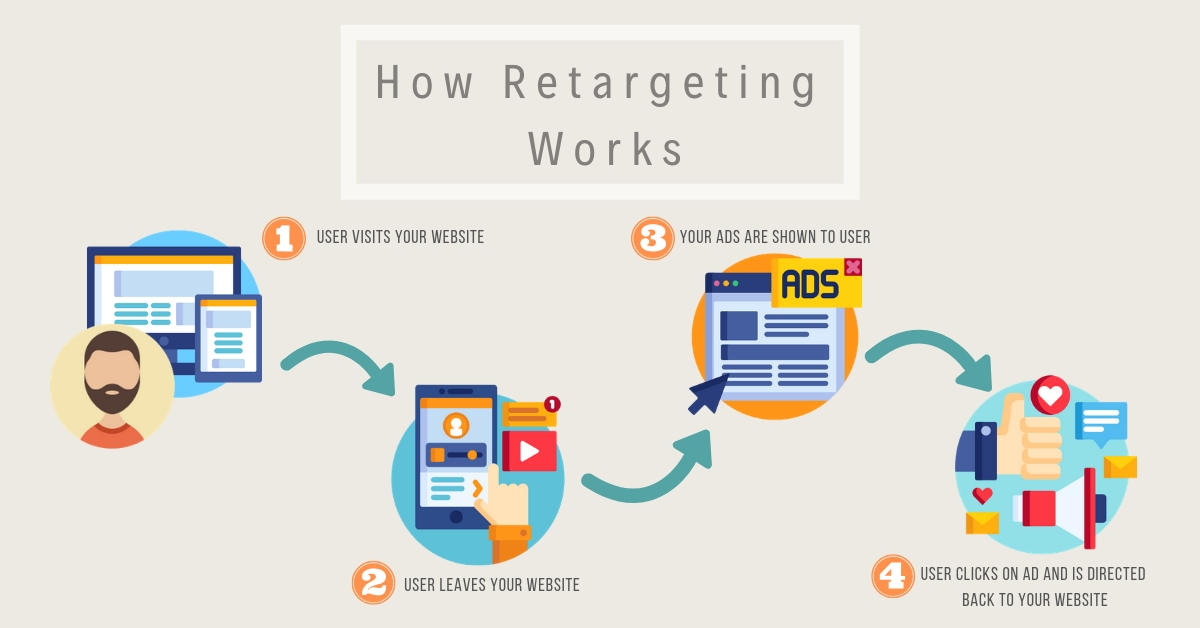Artificial intelligence has gotten super smart over the years – and it’s only getting smarter. We’ve seen a lot of incredible digital advancements, but it’s time we discuss the intelligent assistance brought to us by Apple, Google, and Microsoft.
Apple’s Siri, Google Now, and Microsoft’s Cortana won’t only give you what you want, but they can also predict it. They help you even before you realize you need their help, making things twice as easy.
But how well these personal assistants can predict what you want depends on three factors: how much information you’re willing to share, how integrated you want to be in certain platforms and how much effort you put in into making those predictions happen.

IMAGE SOURCE: SEARCHENGINELAND.COM
So how do these assistants do it?
The predictions don’t come from out of nowhere. It’s not magic. Siri, Google Now, and Cortana use sources such as e-mails, search, browse history, location, apps, calendar, and news to build up your profile.
Your profile can either be stored in the cloud, enabling you to switch between devices and get the same predictions, or in your device, such as smartphone, tablet and laptop.
Siri is the only device-based assistant out of the assistants. Whatever Siri knows about you on one device can’t help you on another. If you have an iPhone and an iPad, Siri won’t give you the same recommendations for both. Also, if you switch to a new device without using a backup, Siri will start from square one.
Meanwhile, Google Now uses a completely cloud-based profile. Whatever information it learns about you, including the way you interact with Google, all goes into a common profile. Going from an iOS to an Android device, it will carry over your recommendation history to your Android phone or tablet.
Cortana, on the other hand, is partially cloud-based. Like in Google Now, you will get the same convenient and seamless transition of data. However, Cortana uses sources that are not always cloud-based.
Now let’s dig a little deeper into the workings of these tools:
SIRI
A recent survey revealed that Siri leads in overall satisfaction ratings, with 81% of users expressing satisfaction, compared to 68% for Google Now and 57% for Cortana.

IMAGE SOURCE: HTTPS://PAGES.EXPERTS-EXCHANGE.COM/VIRTUALASSISTANTS.HTML
Siri is best at using the location history on your device. If you take your iPhone 6s out to different places, Siri can use its location history to make suggestions. As it’s device-based, Siri on an iPhone 4 you never carry with you will know less about your movements, and as such, can only make limited suggestions.
Siri also uses email to assist with suggestions. For instance, if you receive a call from someone you don’t have in your contacts but have information about in your email, Siri can use that to identify the caller.
Moreover, Siri will look at whatever is on your Apple Calendar. It can use events to make suggestions even if they’re pulled in from another provider, like Google.
The apps on your phone can also help Siri figure out what you want. Based on that, Siri will suggest the apps it thinks you’re most likely to use. If you plug in your headphone, it’ll recommend whatever you’d listened to previously, such as songs in a podcast or in Apple Music.
GOOGLE NOW

Google Now utilizes email more than any of the assistants. If you have a Gmail account, it’ll automatically scan what’s in your email, allowing it to detect things, such as flights and package tracking codes.
Using these, Google Now can offer predictive information to aid your searches. However, you won’t make the most of Google Now if you don’t use Gmail or don’t allow Google Now to access it.
Google Now also looks at your search activity and browsing history on Chrome, if you’re signed in and builds predictions from there.
Another useful source for Google Now is your location. If your Google Now sees you’re in Tokyo, it will proactively present you with the local exchange rate, local sights to see and a few words of greetings. It also aims to understand where you live or work, which allows it to make suggestions specific to those locations, such as traffic times.
Google Now also looks at the events on your calendar, no matter the source, to make suggestions. When it comes to sourcing information from third-party apps to offer suggestions, Google Now is ahead.
CORTANA

Like Siri and Google Now, Cortana uses email as a source, but it only reads emails contained within the Mail app on Windows device. That means if you read an email on the Web before it’s on the Mail app, Cortana won’t be able to tap into it. Email can’t also be used for Cortana on Android devices.
Moreover, Cortana looks into the events on your Windows Calendar app. The events can flow in from another platform, like Google, and can still be useful to Cortana. However, only the events in the Windows Calendar app are used. Events in Android calendar programs won’t help Cortana.
Like Google Now, Cortana looks into your search history on Bing, whether you use the Bing search app, Edge or Internet Explorer. When it comes to your browsing history, Cortana can only use what’s on your Edge browser. Using Internet Explorer won’t help Cortana.
Different digital assistants have different ways to build up your profile and optimize their predictive capabilities. It still depends on how much you’re willing to share, including how you set your privacy options, and how integrated you want things to be. One personal assistant may work better than the other, depending on how you make the most of them.
Judging by how quickly digital assistants have gotten smarter over a short span of time, we can expect exciting developments in the future.
Stay updated on the latest in digital marketing by tuning in with us, the leading SEO company in Denver and your partner in staying ahead of the game.




